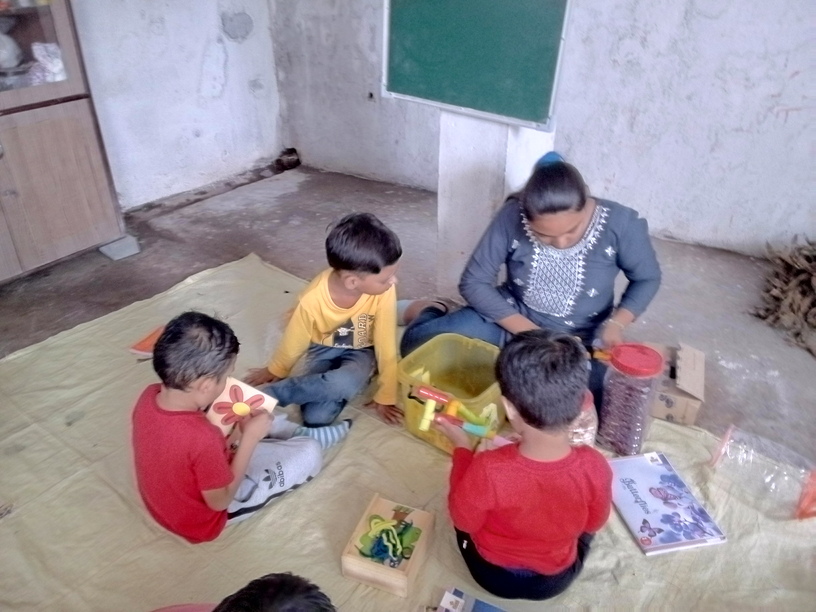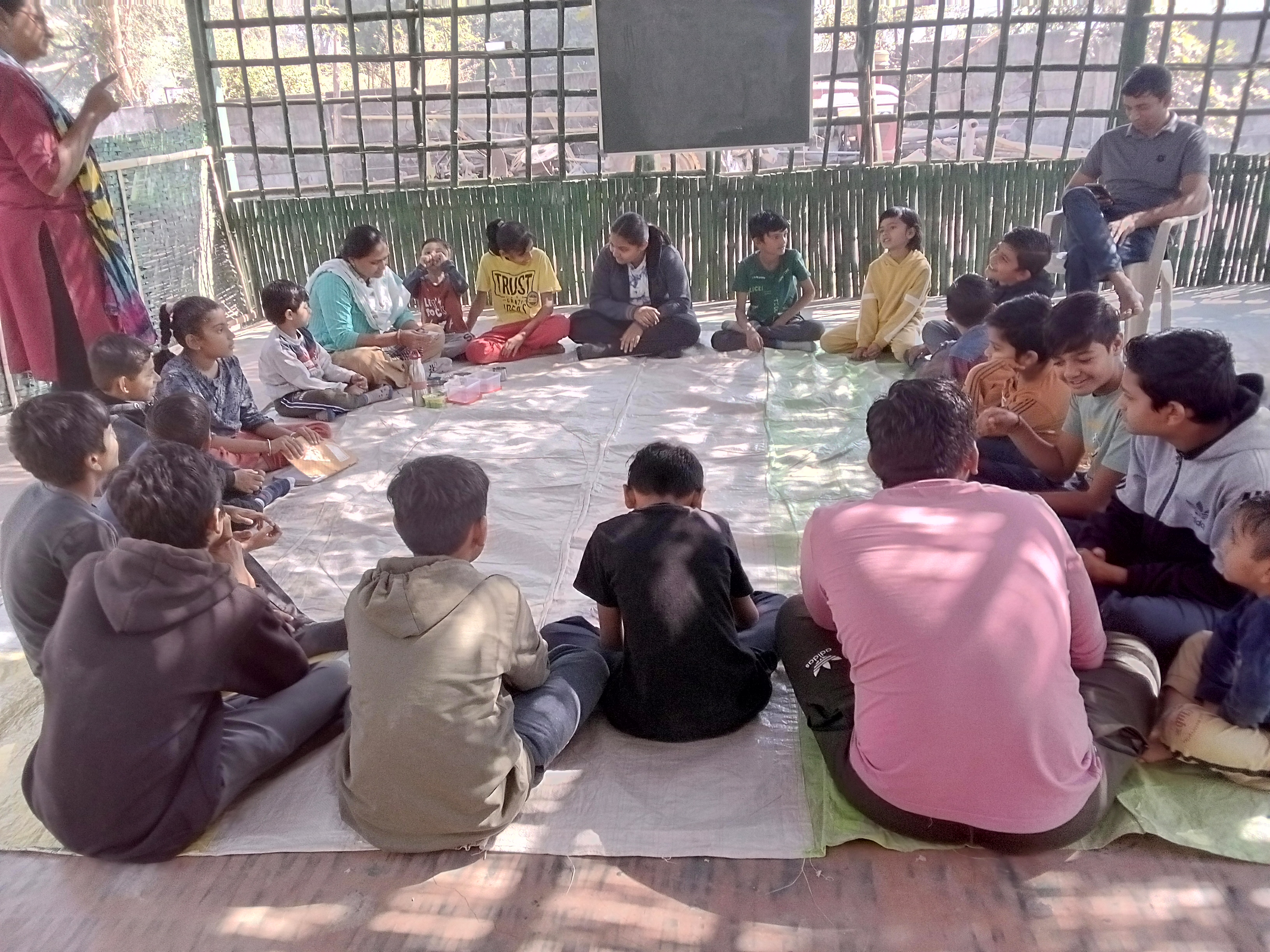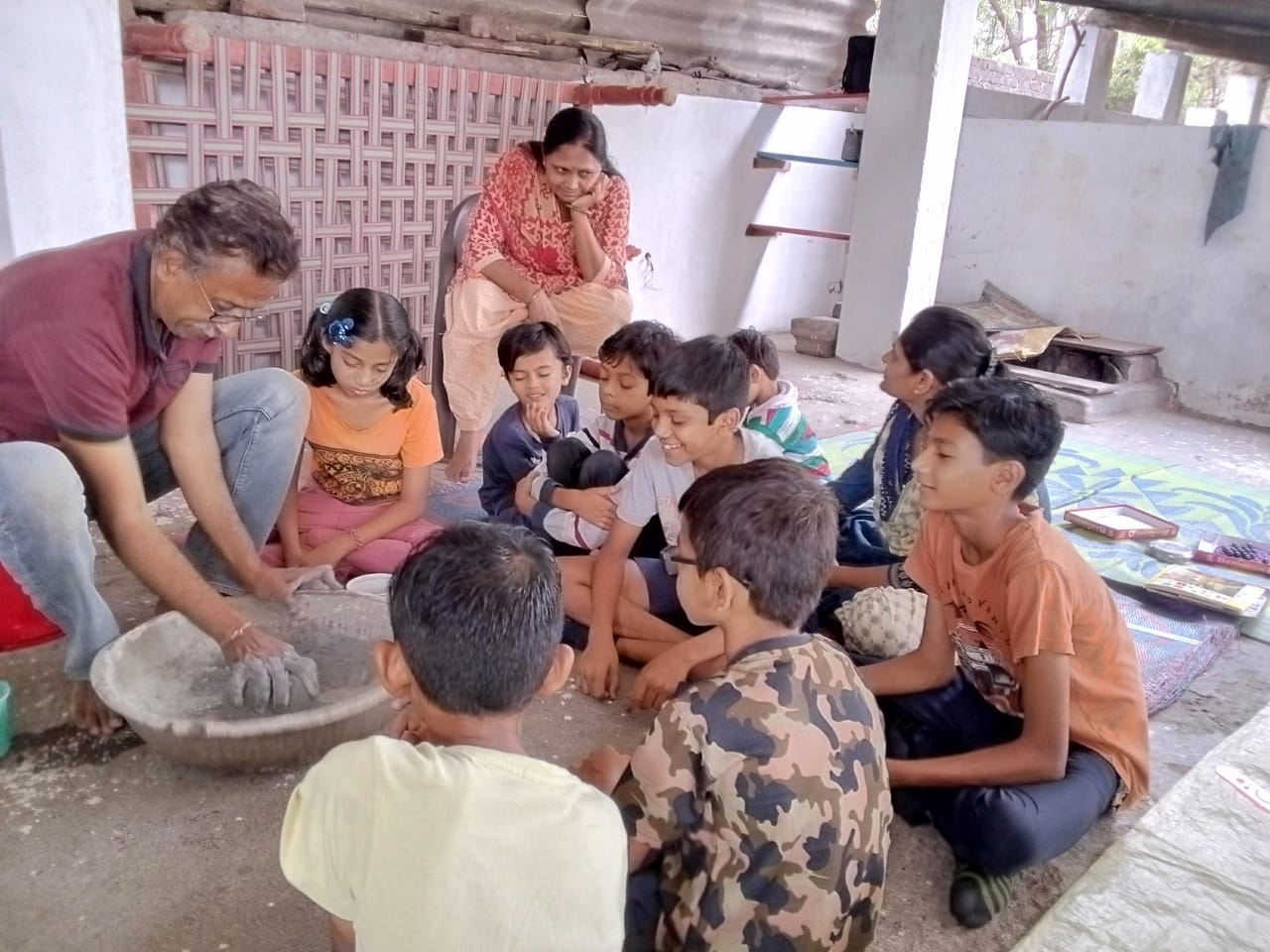SCHOOL
OPEN BOARD SYSTEM
- Those who want to make their career in other fields can choose subjects like music, dance, film, sports, and art.
- NIOS certificate is valid in CBSC and any state board. A student can further study or work on the basis of this certificate and can also apply for competitive exams.
- Public examination twice a year in the months of April and October
- Optional Subjects, Mediums, and Courses (10th STD - 37 Subjects and 12th STD - 37 Subjects)
- Certificate of Class – 10th and Class – 12th examination issued by NIOS Board is valid for all higher studies and foreign universities
- The advantage of studying with NIOS open board is that the child can easily pass the board exam with the subjects of his interest.
SYLLABUS DETAILS
Seasonal Education
- Seasonal education is an approach to learning that recognizes and incorporates the natural rhythms and cycles of the seasons into the curriculum. It is based on the idea that the changing seasons provide opportunities for learning that are relevant, engaging, and meaningful to children.
- In seasonal education, the curriculum is designed to align with the seasons, incorporating themes, activities, and lessons that are appropriate for each time of year. For example, in the spring, students might learn about plant life cycles, gardening, and the science of weather. In the fall, they might study the changing leaves, harvest festivals, and the science of migration.
- Seasonal education can take many different forms, depending on the context and the goals of the curriculum. It can involve outdoor activities, such as nature walks and gardening, as well as indoor activities, such as arts and crafts, storytelling, and cooking. The emphasis is on hands-on, experiential learning that engages all the senses and fosters a love of learning.
- Overall, seasonal education provides a way for children to connect with the natural world and develop a deeper understanding of the cycles of life. It encourages them to appreciate the beauty and diversity of the world around them and fosters a sense of curiosity, wonder, and stewardship.
Topic based education
Topic-based education in Gujarat refers to an approach to teaching and learning that focuses on specific topics or themes, rather than covering a broad range of subjects in isolation. In topic-based education, the curriculum is designed around a particular theme or topic, such as a historical event, a social issue, or a scientific concept.
The goal of topic-based education is to provide students with a deeper understanding of a particular subject by exploring it from different angles and perspectives. It also allows for interdisciplinary learning, as students can apply knowledge and skills from different subjects to the topic at hand.
In Gujarat, topic-based education is often used in primary and secondary schools, and it is considered an effective way to engage students and promote critical thinking skills. Teachers design lesson plans and activities that are relevant to the topic, and students are encouraged to ask questions, conduct research, and collaborate with each other.
Some examples of topic-based education in Gujarat include:
- Teaching about the history and culture of Gujarat through a unit on its art, literature, and music
- Exploring environmental issues, such as pollution and climate change, through a unit on sustainability and conservation
- Studying science and technology through a unit on robotics or space exploration
Overall, topic-based education in Gujarat provides a way for students to connect with the world around them and develop a deeper understanding of the subjects they are learning. It encourages creativity, curiosity, and a love of learning, and helps students develop critical thinking and problem-solving skills that are essential for success in the 21st century.
Basic Education Methodology
Basic education methodology refers to the approach and techniques used to teach foundational knowledge and skills to students at the primary and secondary level. The goal of basic education is to provide students with a strong foundation of academic skills and knowledge, as well as essential life skills such as critical thinking, communication, and problem-solving.
There are many different methodologies used in basic education, but some common approaches include:
- Lecture-based instruction: This is a traditional approach to teaching, in which the teacher presents information to the students through lectures and presentations.
- Inquiry-based learning: This approach focuses on student-led exploration and discovery. Teachers provide guidance and support as students investigate questions and problems, and develop critical thinking and research skills.
- Project-based learning: In this approach, students work on extended projects that require them to apply knowledge and skills from multiple subject areas. Projects may be based on real-world issues or problems, and often involve collaboration and communication with peers.
- Experiential learning: This approach emphasizes hands-on, active learning through direct experience. Students may engage in activities such as field trips, simulations, or experiments to deepen their understanding of concepts and skills.
- Cooperative learning: This approach involves students working together in small groups to achieve a common goal. It promotes teamwork, communication, and problem-solving skills, as well as social-emotional learning.
Overall, the choice of methodology in basic education depends on various factors such as the learning goals, student needs, and resources available. A combination of these approaches may be used to create a diverse and engaging learning experience for students. The methodology used should be flexible, adaptable, and tailored to the needs of individual students to ensure the best possible outcomes.
EVENTS
Calling all students, parents, and teachers! Get ready to unleash your creativity and celebrate the talents of our school community at our annual Talent Show. Prepare to be captivated by exceptional performances, from music and dance to comedy and more. Join us for an unforgettable evening of entertainment and applause!
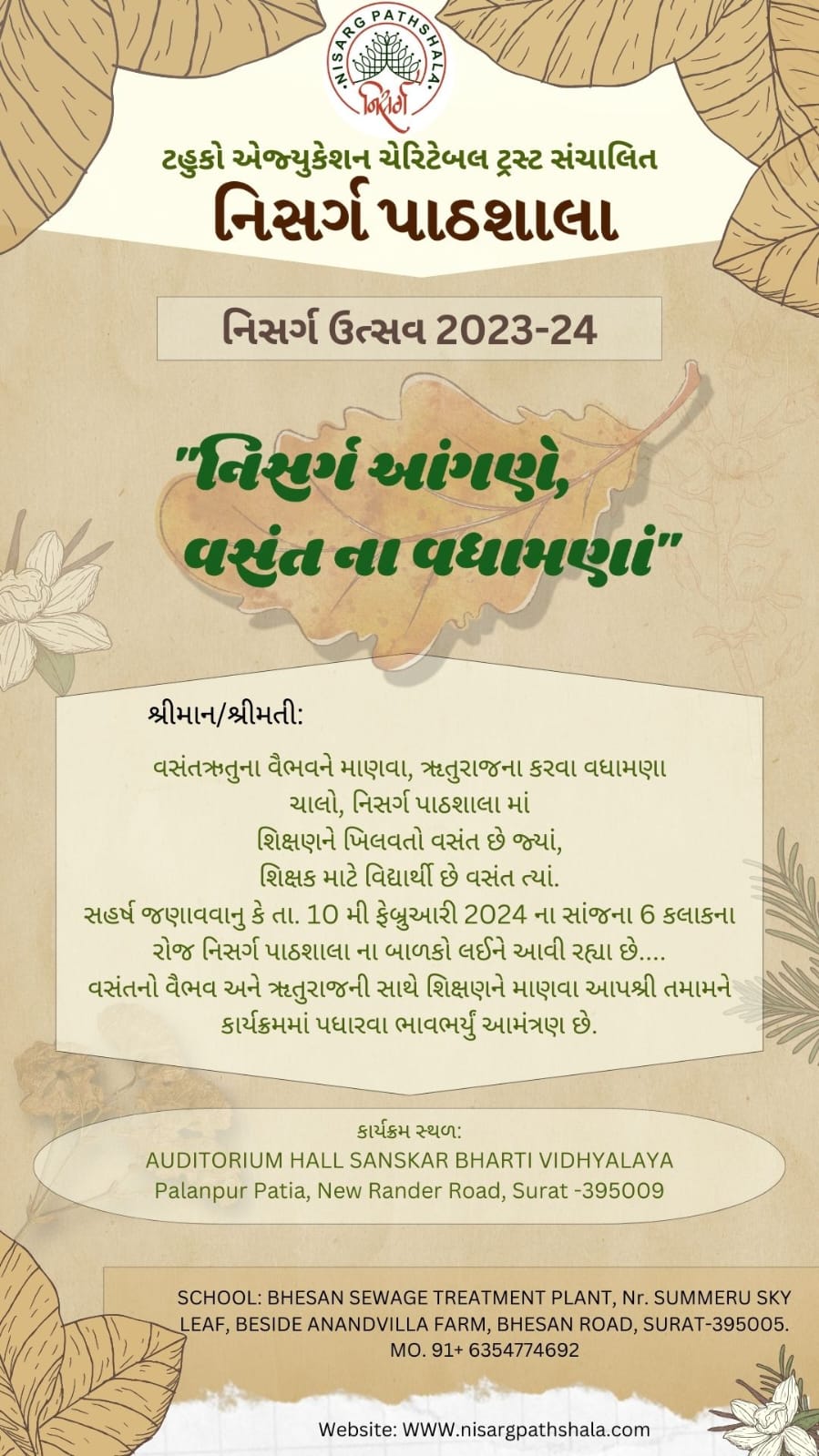
10 Feb 2024
Nisarg Utsav 2023-24
Greetings of spring, by Nisarg Pathashala
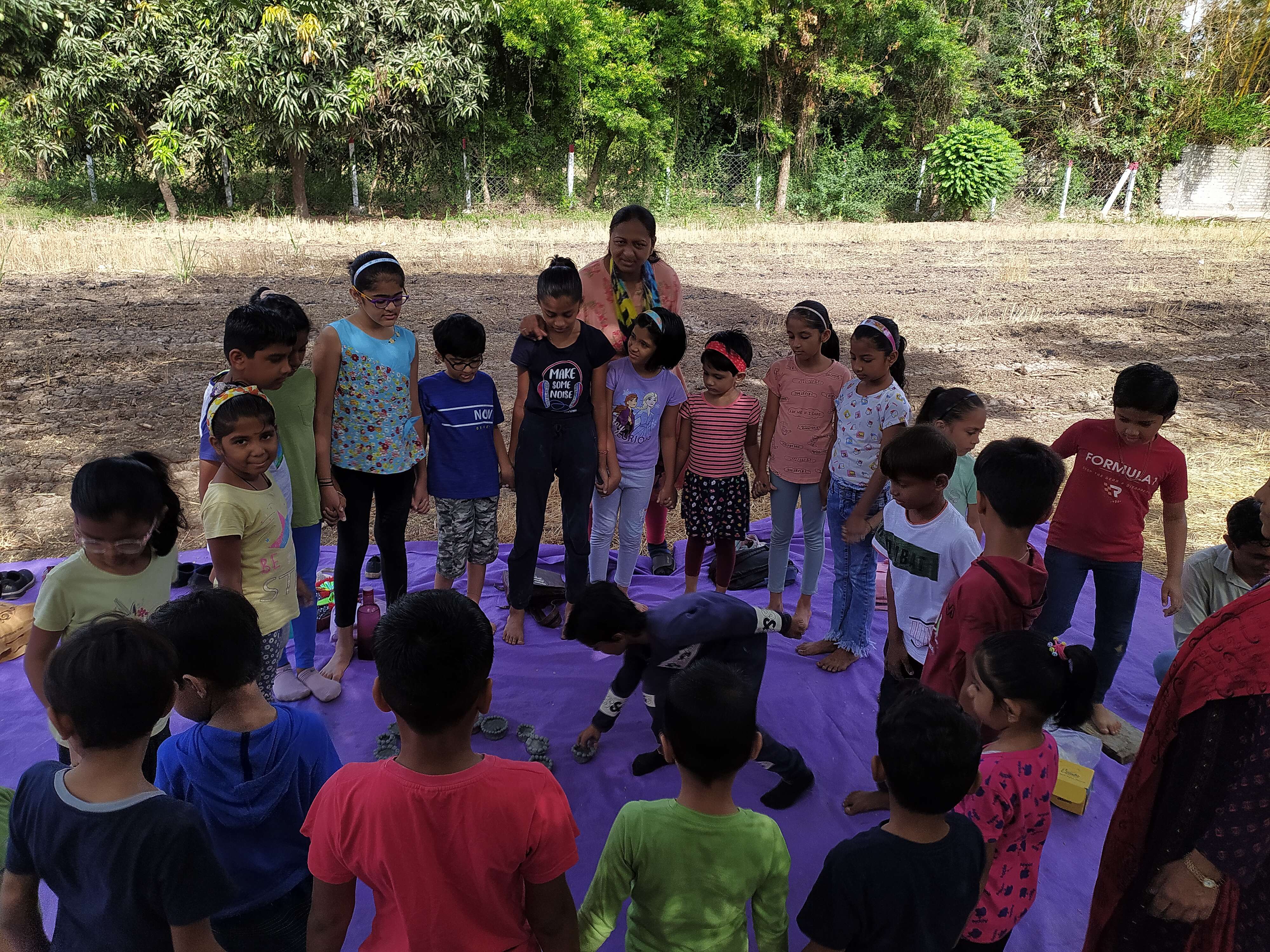
04 Nov 2023
Summer Camp
Nisarga Pathshala's summer camp offers a diverse range of activities including pottery, mold work, craft work, leaf art, paper bag making, zip line, Burma bridge, commando net, science activities, and memory games.
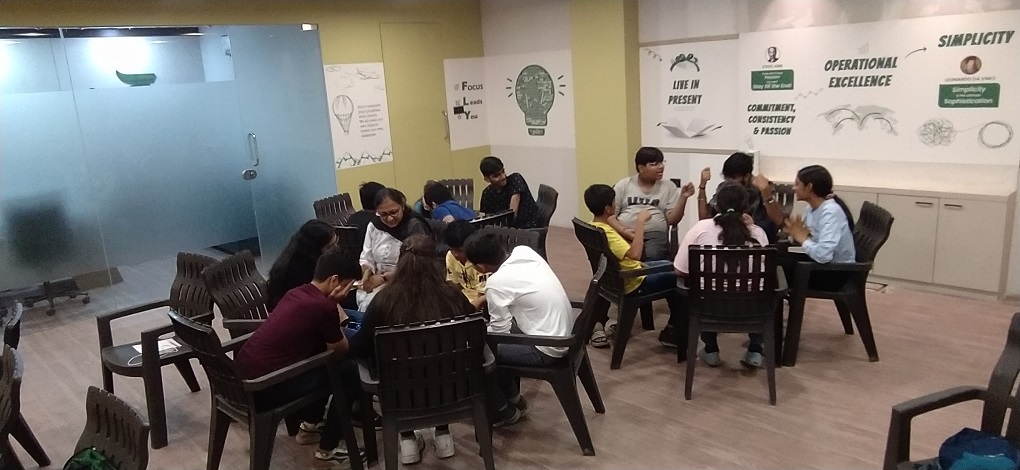
26 Aug 2023
Memory Workshop
Nisarg Pathshala's memory workshop, led by expert Mr. Kamlesh Thakkar, equips older children with efficient memory techniques for improved retention of names, numbers, mathematical concepts, and study sequences within a short timeframe.
